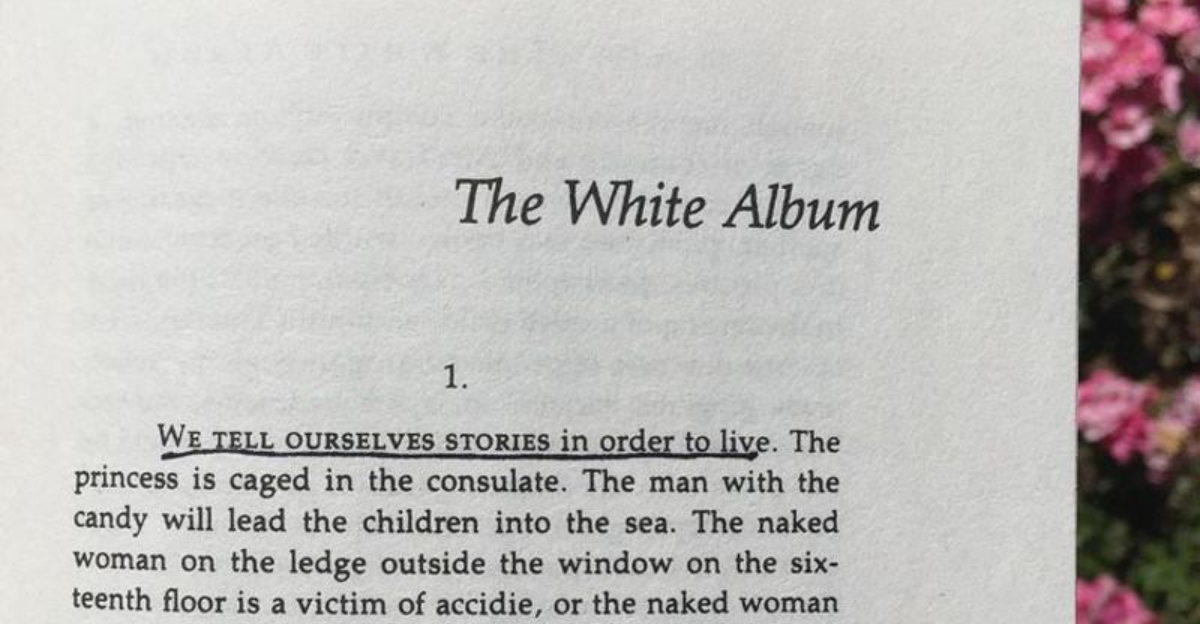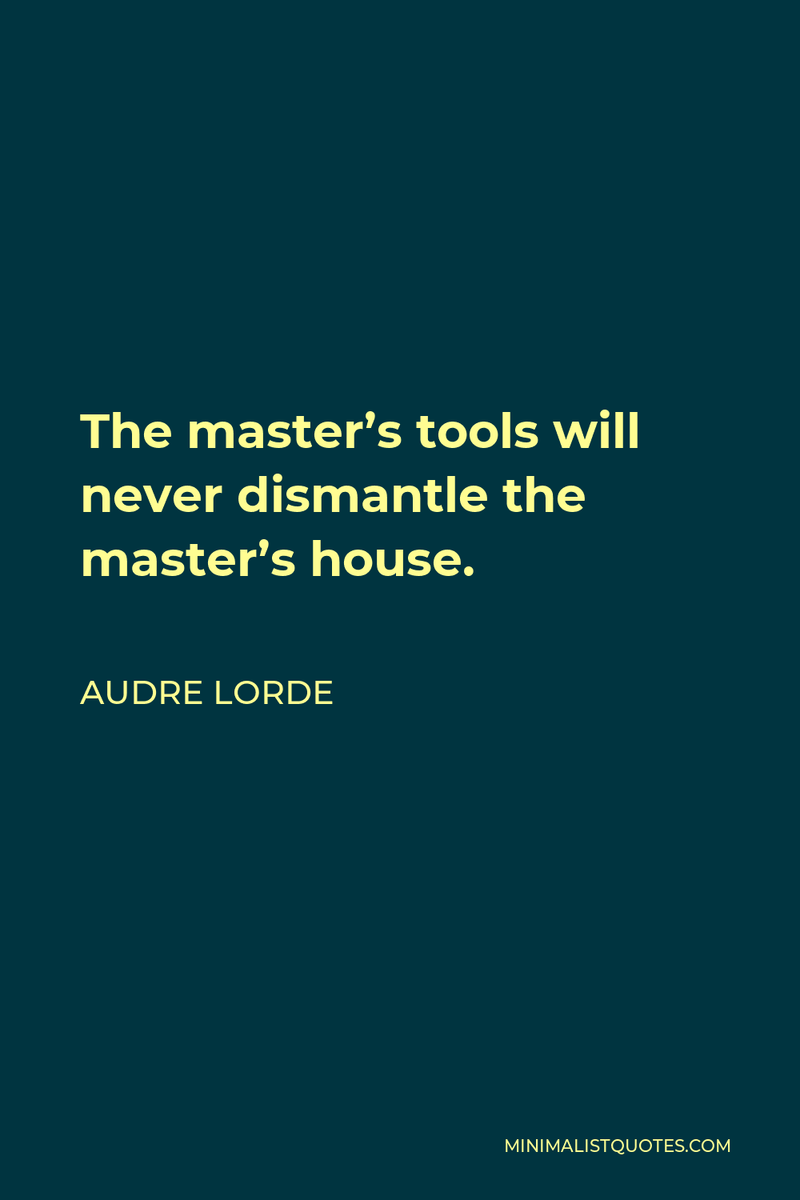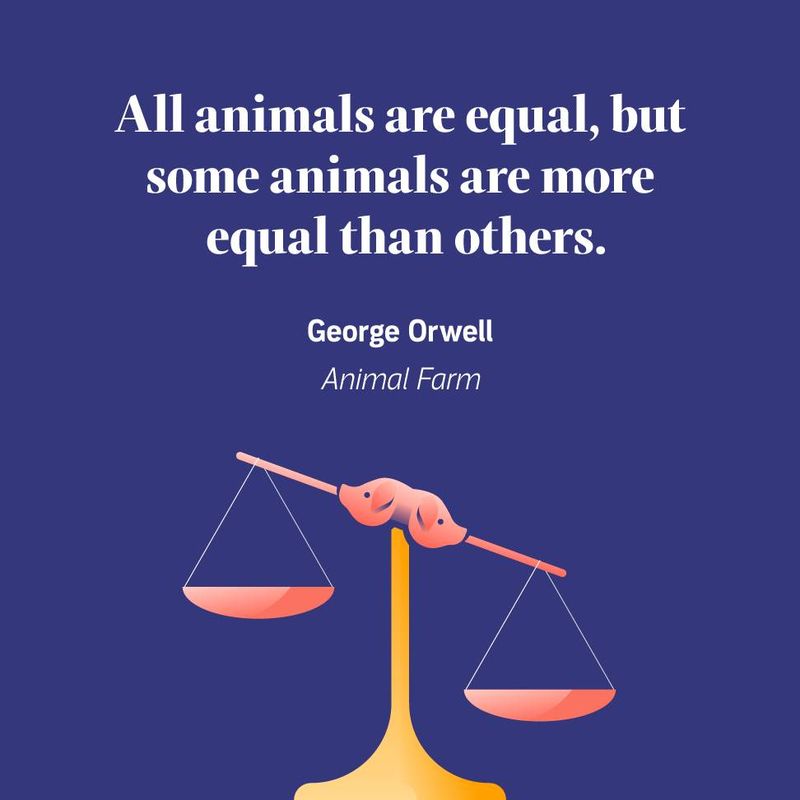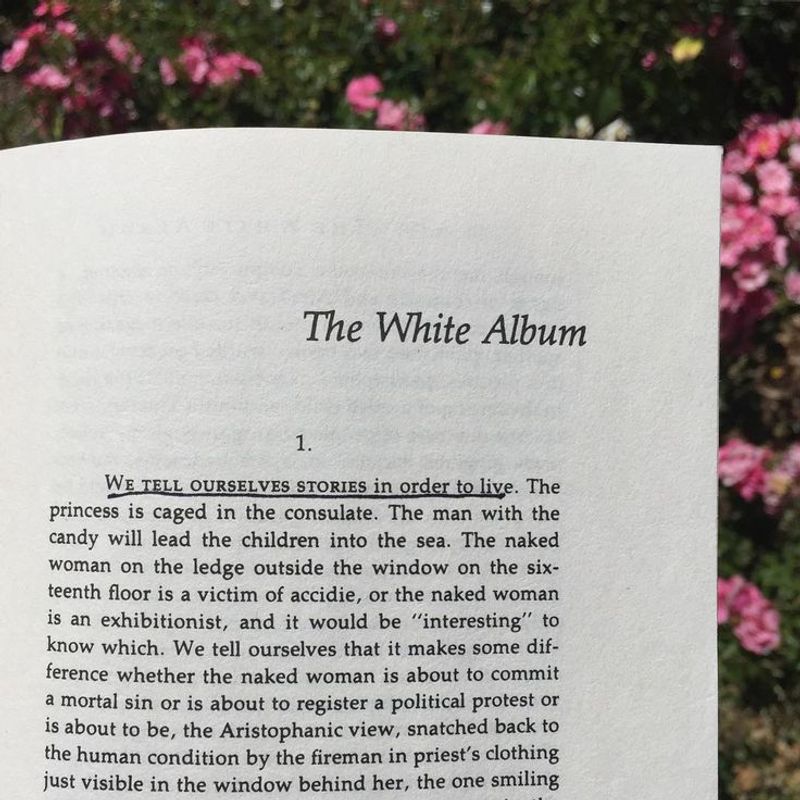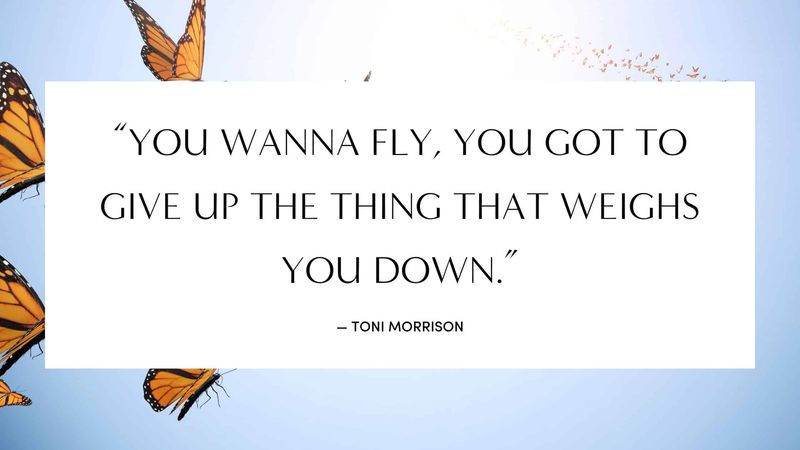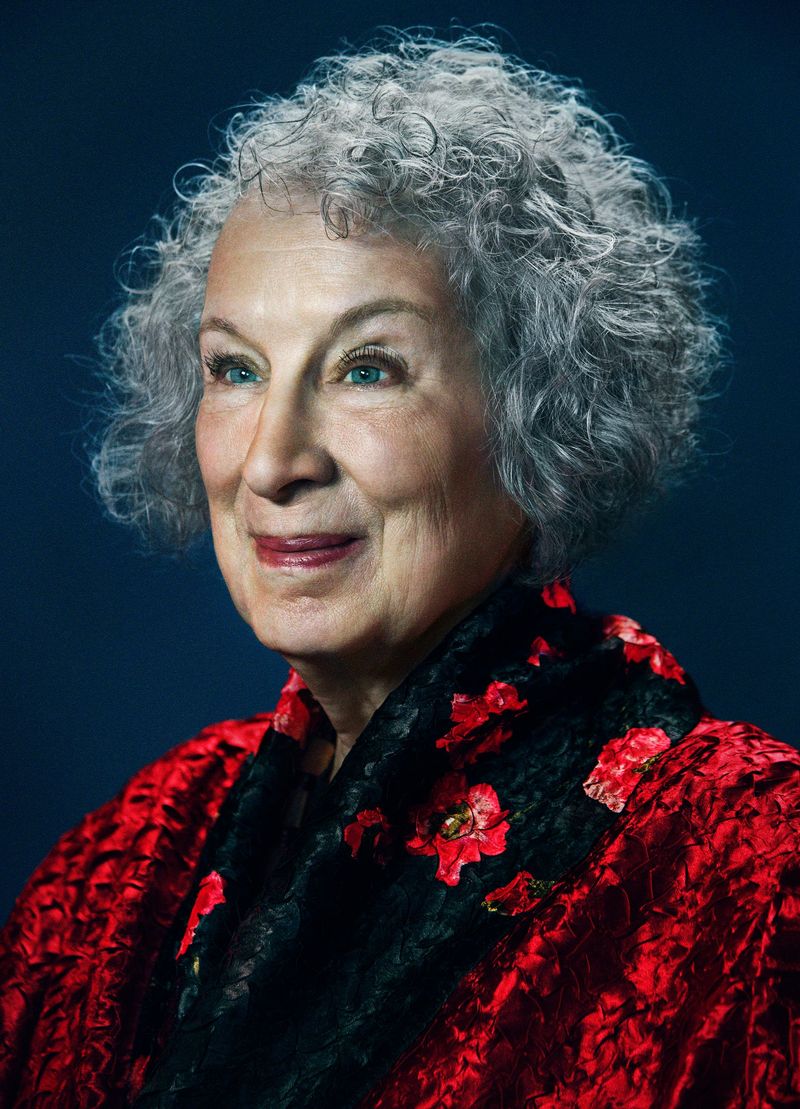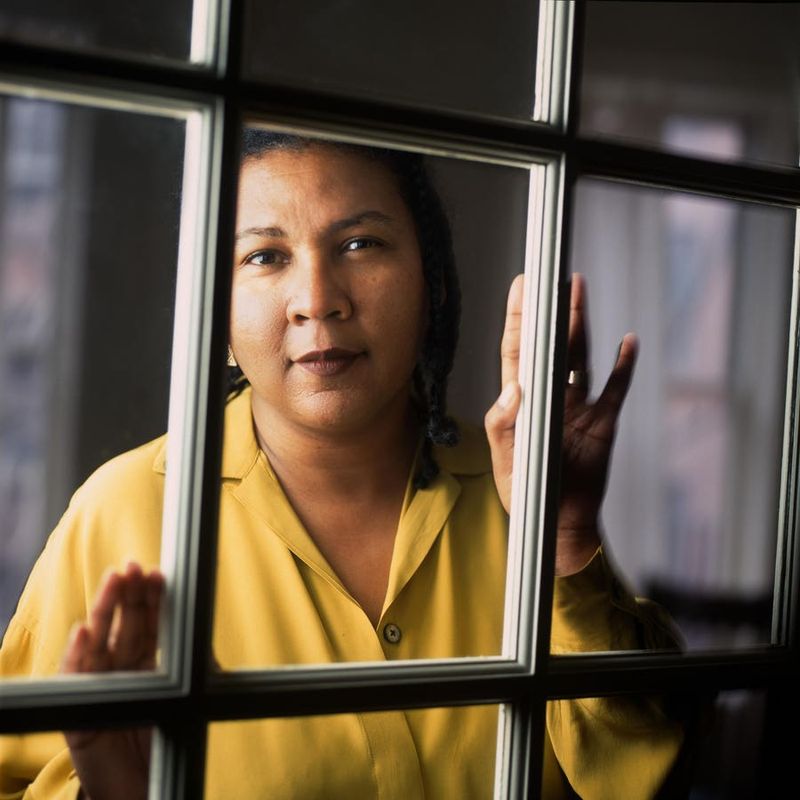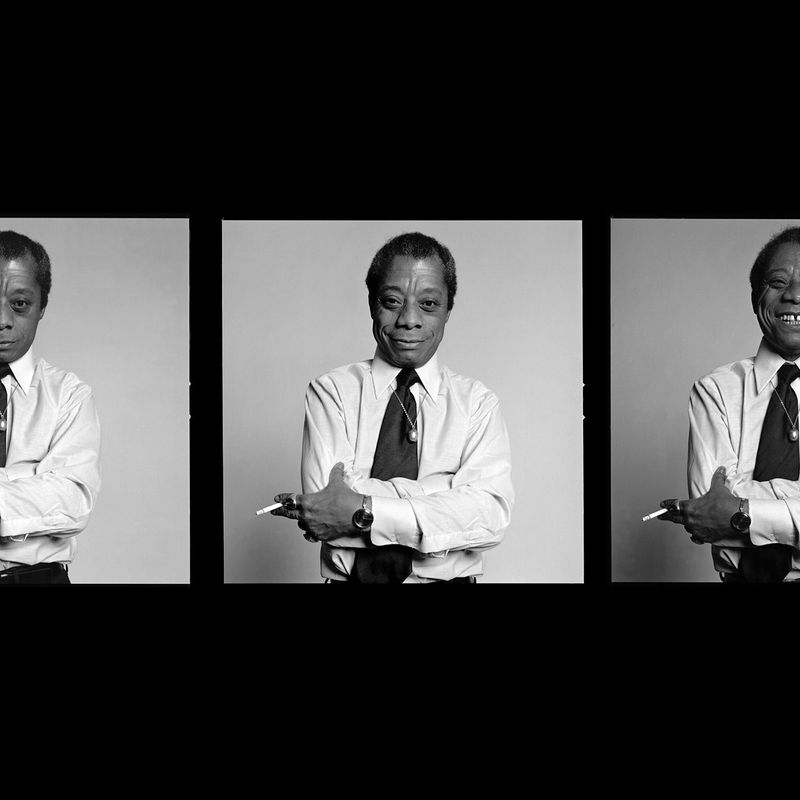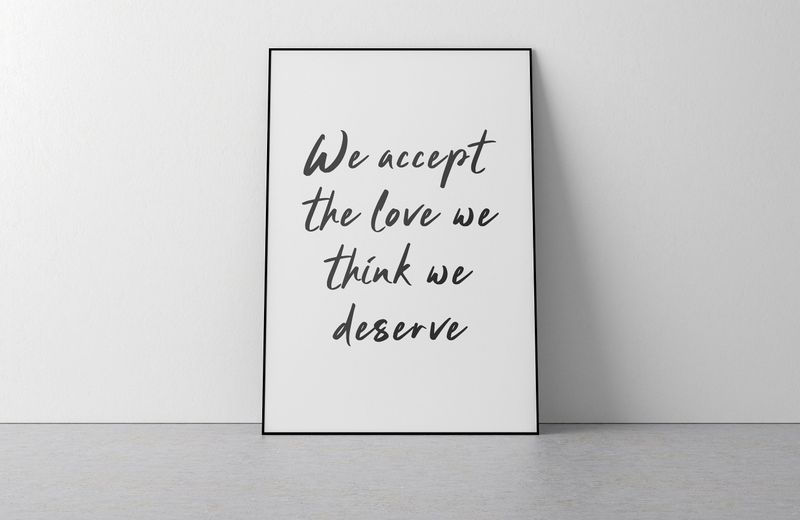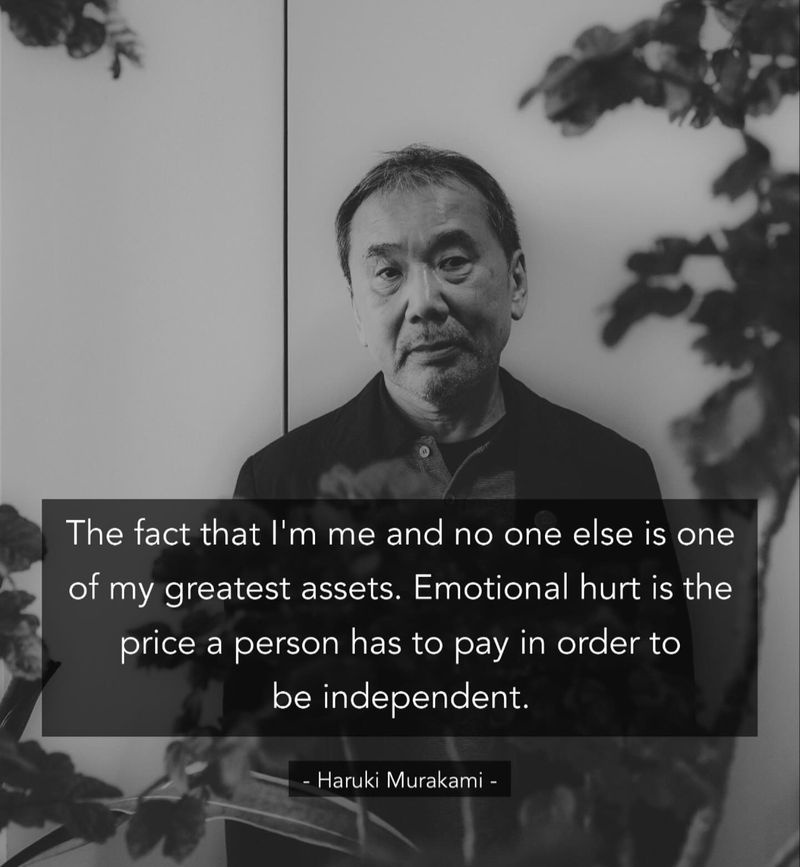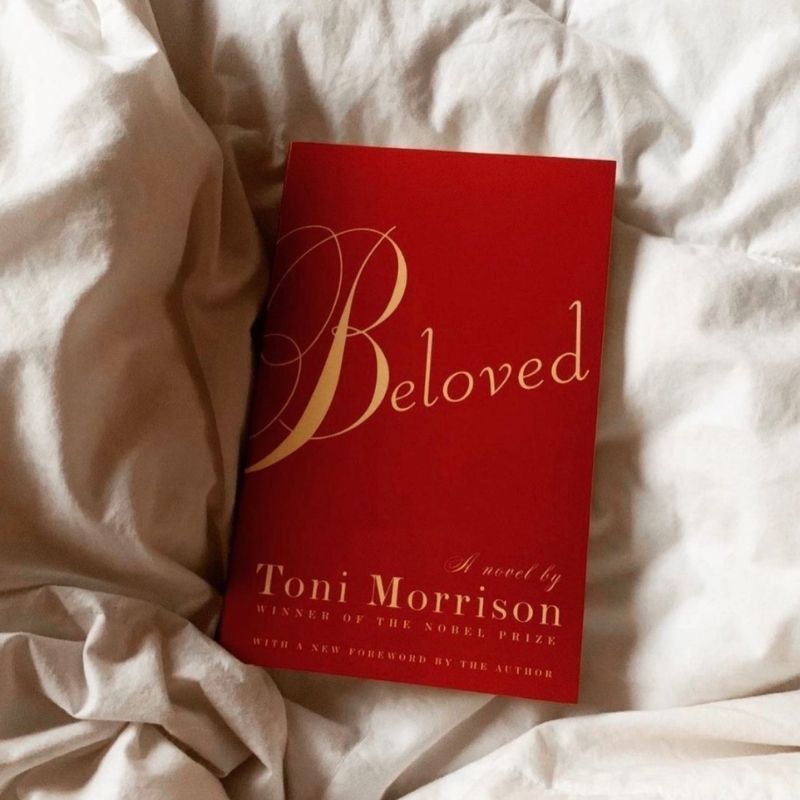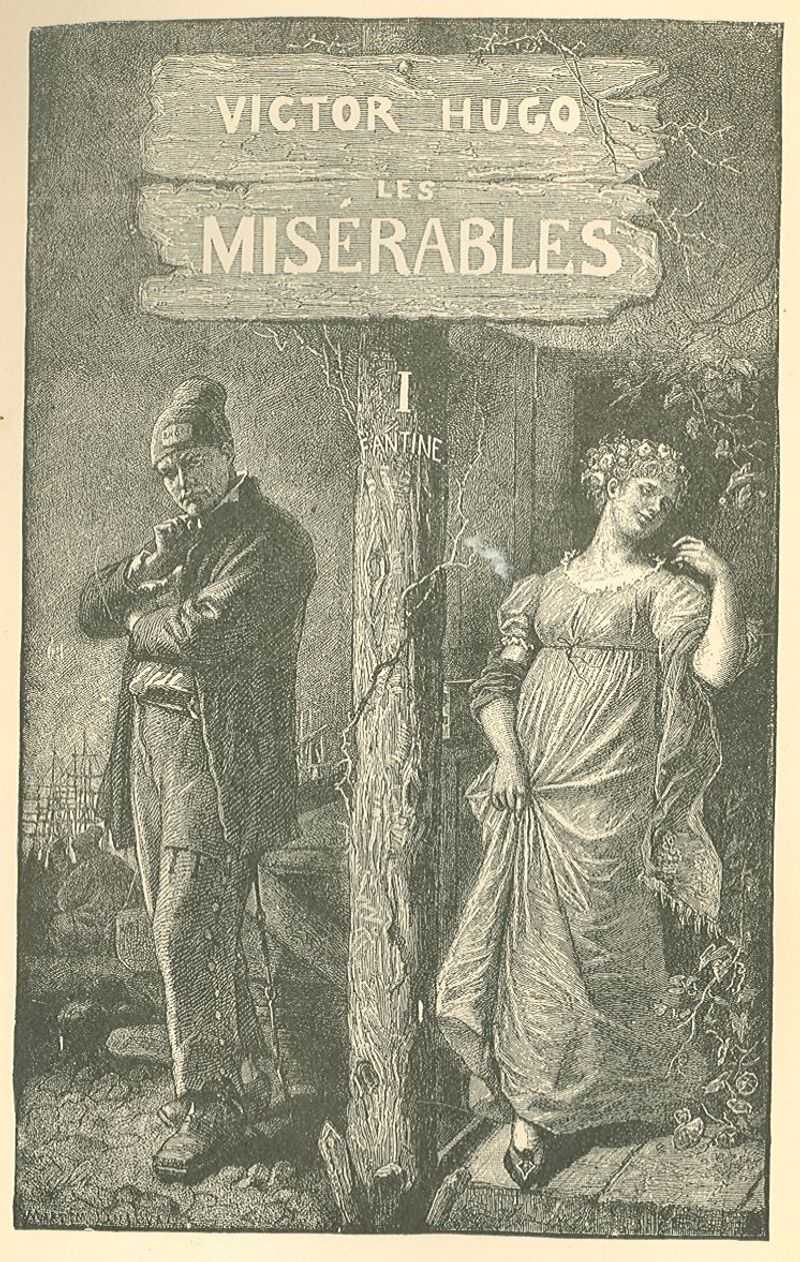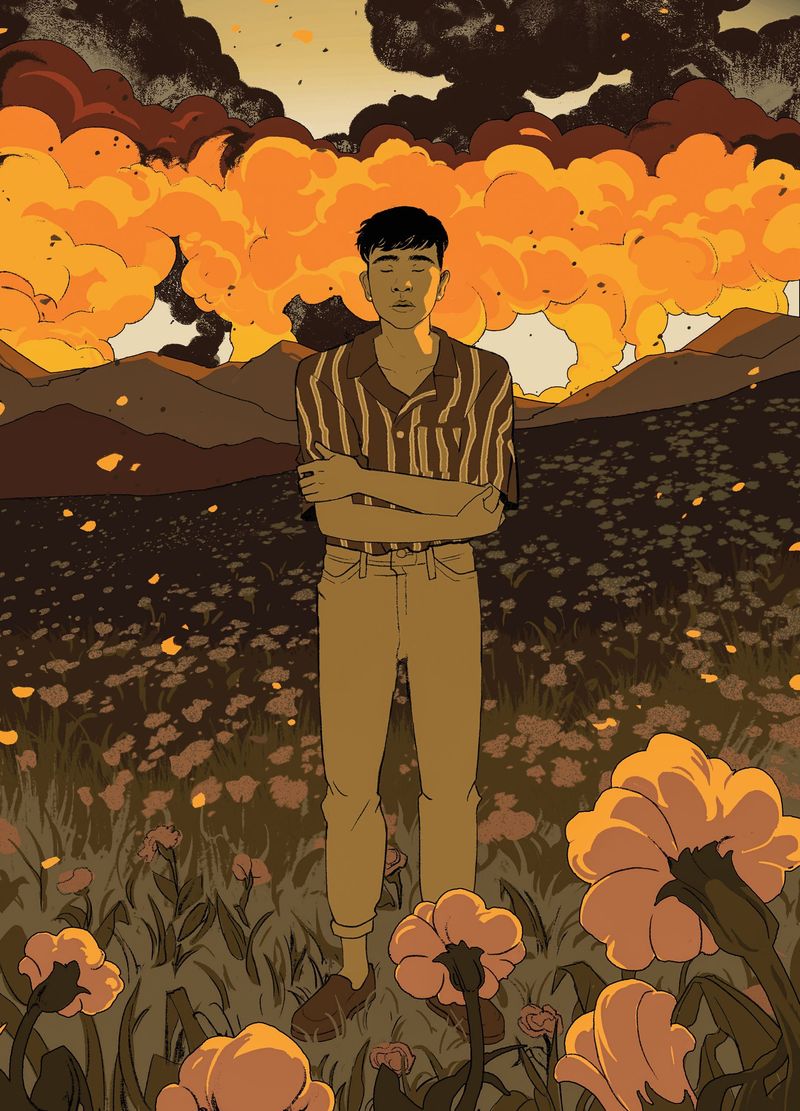Books are packed with powerful words, but the quotes we usually see on posters and coffee mugs barely scratch the surface. Beyond the familiar Shakespeare lines and overused inspirational phrases lies a treasure of literary wisdom that truly speaks to the human experience. These overlooked gems offer insights that can change how we see ourselves and the world around us.
1. Revolutionary Tools
Audre Lorde’s declaration that “The master’s tools will never dismantle the master’s house” challenges us to think differently about change. Traditional methods won’t fix broken systems.
Revolution requires new approaches, new languages, new frameworks entirely. Trying to fight oppression using the same thinking that created it only reinforces existing power structures.
Lorde’s words remain startlingly relevant today when we consider social movements, institutional reform, and personal transformation. Real change demands we step outside conventional wisdom and create entirely new toolboxes.
2. Equality’s Fine Print
“All animals are equal, but some animals are more equal than others.” George Orwell’s line from Animal Farm exposes how equality often comes with hidden exceptions.
This single sentence captures the essence of political hypocrisy—how noble principles get twisted to serve those in power. The brilliance lies in its simplicity.
Whenever someone claims to champion equality while making special exceptions, Orwell’s words echo across decades. It’s a perfect distillation of how power corrupts ideals, a warning that remains painfully relevant in today’s political landscape.
3. Fearless Purpose
“I am deliberate and afraid of nothing.” Audre Lorde’s declaration isn’t bravado—it’s a radical stance in a world that tries to make marginalized people small and apologetic.
The power comes from pairing deliberateness with fearlessness. Not reckless action, but intentional movement without paralysis from fear.
For anyone who’s been told to shrink themselves, to be less, to apologize for their existence—these words offer a different way forward. They’re a permission slip to live with purpose and without the constant anxiety of others’ judgment.
4. The Stories We Need
Joan Didion’s line “We tell ourselves stories in order to live” from The White Album reveals a fundamental human truth. This isn’t just about entertainment or literature—it’s about survival.
Our brains constantly create narratives to make sense of chaos, to find meaning in suffering, to create order from random events. Without these stories, the world becomes unbearable.
Didion captured something profound about human psychology long before cognitive science confirmed it: storytelling isn’t a luxury but a necessity, a psychological life raft in the ocean of experience.
5. The Weight of Freedom
“You wanna fly, you got to give up the shit that weighs you down.” Toni Morrison’s character in Song of Solomon delivers this truth with zero sugar-coating.
Freedom requires sacrifice—specifically, letting go of what holds us back. Material possessions, toxic relationships, limiting beliefs, old grudges—they all become anchors preventing flight.
What makes this line so powerful is its active challenge. It doesn’t just describe freedom; it prescribes the difficult path to achieving it. Morrison forces us to confront what we’re willing to release in exchange for liberation.
6. Progress’s Hidden Cost
Margaret Atwood’s chilling observation that “Better never means better for everyone… It always means worse for some” cuts through optimistic narratives about progress.
This line from The Handmaid’s Tale forces us to ask: Who benefits from change? Who suffers? Every technological advance, policy shift, or cultural evolution creates winners and losers.
Atwood’s insight demands we look at the full picture—not just celebrating innovation but acknowledging its casualties. It’s a call for honesty about trade-offs and a reminder to consider who pays the price for what we call improvement.
7. Strength in Brokenness
“The world breaks everyone, and afterward many are strong at the broken places.” Hemingway’s line from A Farewell to Arms offers a different perspective on suffering.
Pain isn’t just something to endure—it can become a source of resilience. Like a broken bone that heals stronger at the fracture point, our wounds can become our greatest assets.
What makes this quote endure is its honesty about universal suffering coupled with hope. Hemingway doesn’t promise everyone emerges stronger, but suggests the possibility that our deepest hurts can transform into our most powerful attributes.
8. Sanity in Madness
Krishnamurti’s observation that “It is no measure of health to be well adjusted to a profoundly sick society” flips conventional wisdom on its head.
When the world around us is broken, feeling out of place might be the healthiest response. Conformity to dysfunction isn’t success—it’s surrender.
The quote liberates those who’ve felt like outsiders, suggesting their discomfort might be clarity, not deficiency. It challenges us to question whether what we call “normal” deserves our adaptation, or whether some maladjustment might actually be moral clarity in a world that’s lost its way.
9. Voice for the Voiceless
“I write for those women who do not speak, for those who do not have a voice.” bell hooks’ declaration in Talking Back transforms writing from self-expression into advocacy.
This mission statement elevates storytelling to activism. It acknowledges that access to expression is a privilege, and those who have it carry responsibility.
The beauty of hooks’ words lies in their reminder that art isn’t just about personal catharsis but about creating channels for unheard voices. For anyone creating anything, it poses the question: Who benefits from your work? Who finds representation in your words?
10. World Reshaping
James Baldwin’s assertion that “The world is before you, and you need not take it or leave it as it was when you came in” rejects passive acceptance of reality.
We aren’t just passing through life—we’re active participants with the power to transform it. Baldwin challenges the false choice between accepting the world as-is or withdrawing from it entirely.
There’s revolutionary potential in these words. They grant permission to reimagine systems, to question “that’s just how things are,” to believe in the possibility of meaningful change. It’s an invitation to see yourself not as a guest in the world but as its co-creator.
11. Love’s Reflection
“We accept the love we think we deserve.” This line from Stephen Chbosky’s The Perks of Being a Wallflower carries devastating insight in just eight words.
Our relationships often mirror our self-worth. Low self-esteem leads to accepting poor treatment; healthy self-regard demands respectful love.
What makes this quote so powerful is how it shifts responsibility. Instead of blaming others for loving us badly, it challenges us to examine why we permit it. For anyone stuck in patterns of toxic relationships, these words offer both explanation and the first step toward change.
12. Life’s Seasons
“There are years that ask questions and years that answer.” Zora Neale Hurston’s observation from Their Eyes Were Watching God captures life’s mysterious rhythm.
Some periods fill us with uncertainty, doubt, and searching. Others bring clarity, resolution, and understanding. Both are necessary parts of growth.
The wisdom lies in recognizing these cycles and not forcing answers during questioning times. Hurston’s words comfort anyone in a period of confusion by suggesting answers will come—just perhaps not on our preferred timeline. It’s permission to live in the mystery until clarity naturally arrives.
13. Freedom’s True Meaning
“Freedom is what you do with what’s been done to you.” Sartre’s existentialist perspective offers a radical understanding of liberty.
True freedom isn’t absence of hardship or limitation—it’s how we respond to our circumstances. We can’t control what happens to us, but we maintain sovereignty over our reaction.
This quote speaks especially to survivors of trauma, oppression, or misfortune. It acknowledges their pain while refusing to define them by victimhood alone. Instead, it places the power of interpretation and response squarely in their hands—the ultimate form of agency when so much has been taken.
14. Optional Suffering
“Pain is inevitable. Suffering is optional.” Murakami’s distinction in What I Talk About When I Talk About Running offers profound perspective on hardship.
Pain—physical, emotional, existential—comes with being alive. But suffering—our relationship to that pain—involves choice.
The power lies in separating what we can’t control from what we can. We don’t choose most of life’s difficulties, but we choose how we carry them. For anyone facing adversity, these words offer not toxic positivity but genuine agency—the ability to determine, if not our circumstances, then at least our stance toward them.
15. Self-Worth Revolution
“You are your best thing.” Toni Morrison’s line from Beloved might be the most radical self-love declaration in literature.
In just five words, it places intrinsic human value above accomplishment, possession, or relationship. Your greatest asset isn’t what you own, do, or who loves you—it’s simply you.
For anyone from marginalized groups whose worth has been questioned, for anyone who’s been valued only for what they provide others, this statement is revolutionary. Morrison’s words cut through external validation to assert that your existence itself is precious—full stop, no qualifications needed.
16. Divine Connection
“To love another person is to see the face of God.” Victor Hugo’s closing line from Les Misérables elevates human connection to sacred status.
This isn’t just about romantic love. It suggests that genuine compassion for another—seeing them fully, recognizing their humanity—is the closest we come to transcendence.
Hugo’s words bridge religious and secular worldviews. For the spiritual, it suggests divinity reveals itself through human connection; for the non-religious, it elevates love to the highest possible meaning. Either way, it places our capacity for compassion at the center of what makes life significant.
17. Beyond Labels
“No one is ever just a refugee.” Ocean Vuong’s reminder from On Earth We’re Briefly Gorgeous challenges how we reduce people to their circumstances.
Behind every label—refugee, homeless, addict, felon—stands a complete human with dreams, talents, quirks, and stories. Single-word identifiers erase complexity and make it easier to dismiss entire groups.
The power of Vuong’s words lies in their demand for complete recognition. They call us to see beyond convenient categories to the full humanity of each person—especially those society finds easiest to flatten into statistics or stereotypes. It’s a radical call for empathy.
